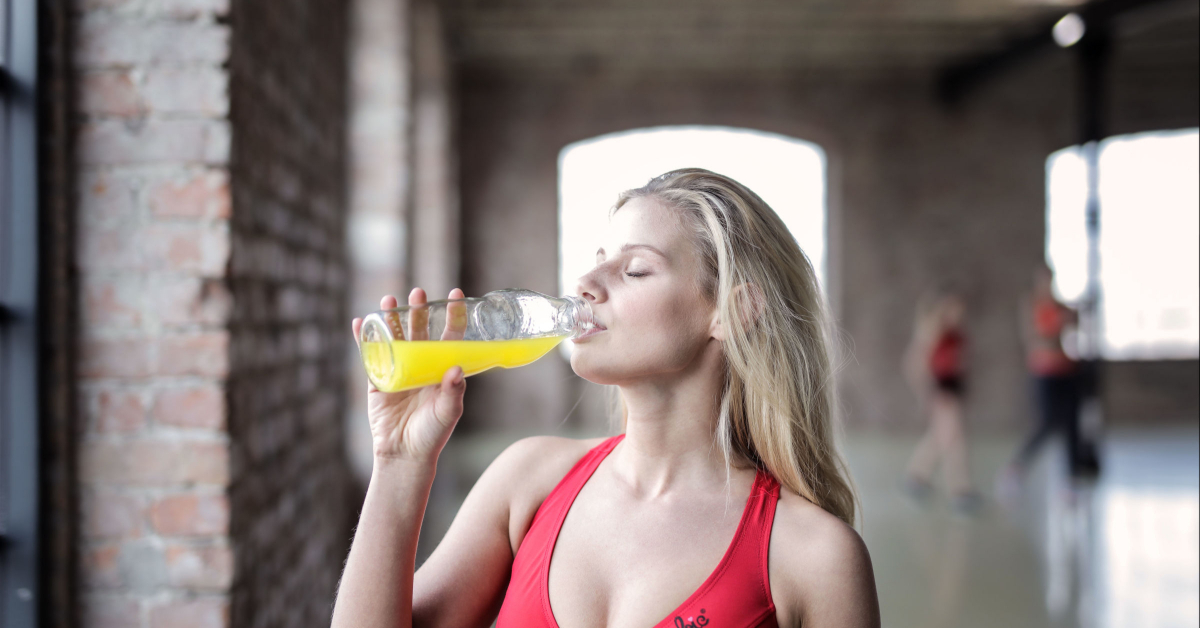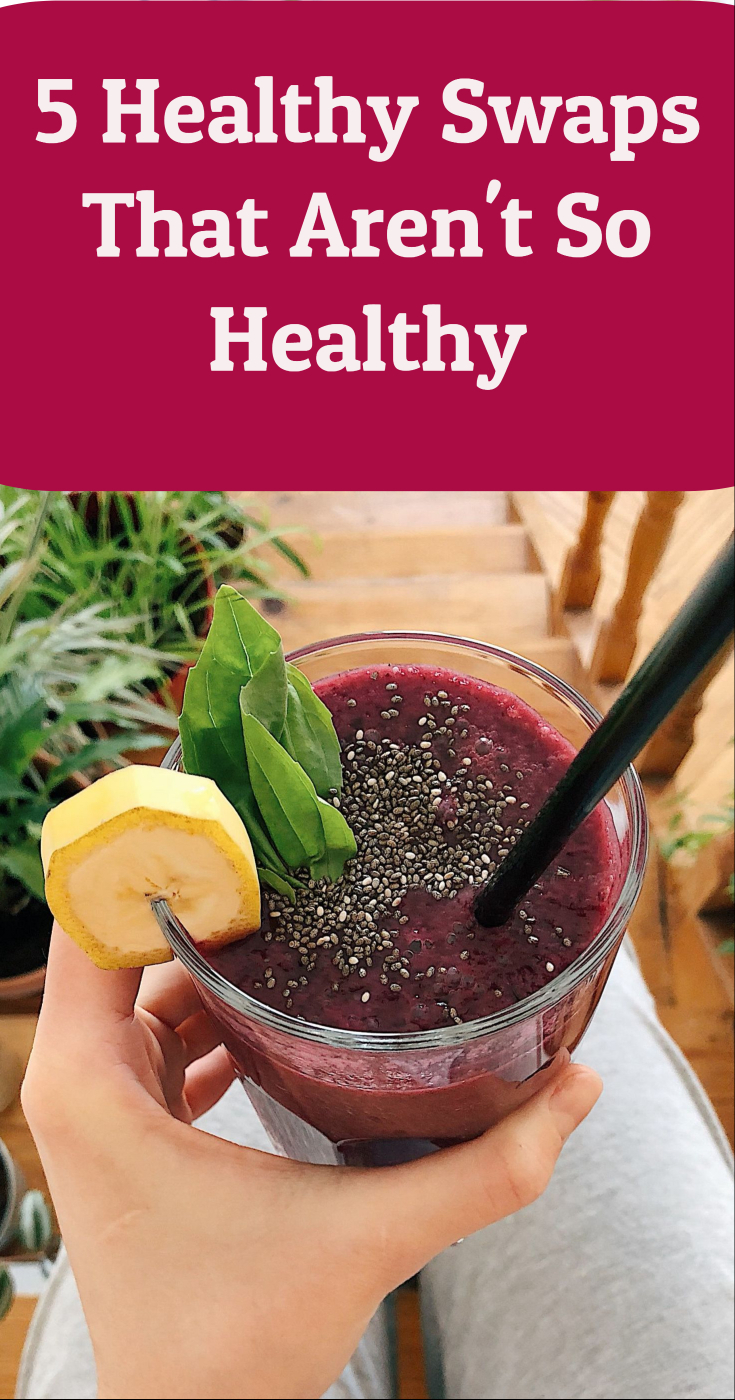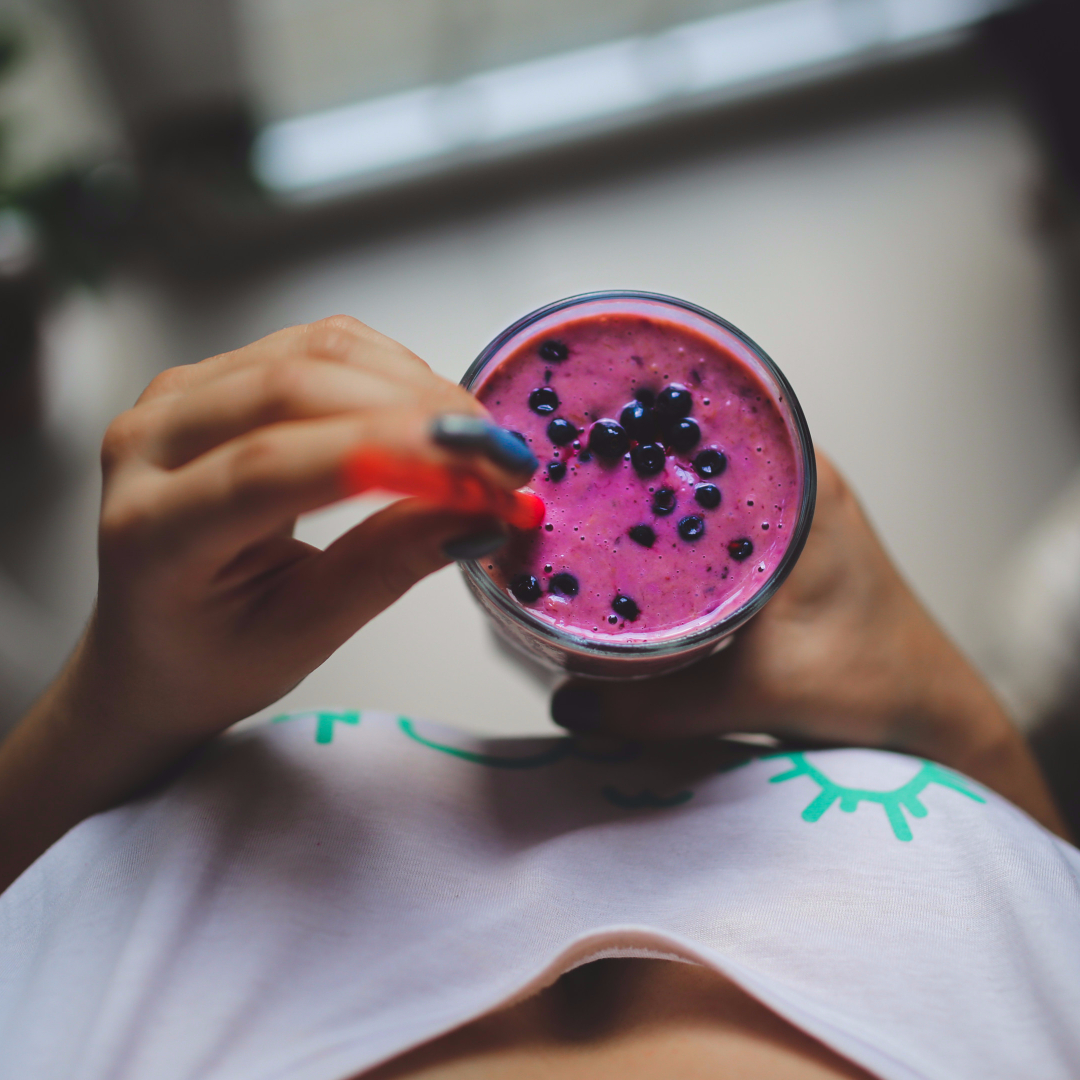 I often tell my clients that healthy living isn’t all or nothing. Sometimes making one or two healthy swaps can be what you to help you leap into a new lifestyle. Like choosing a salad dressing with less sugar. Or going to bed 30 minutes earlier to get more sleep. But you know what sucks? When your well-intentioned healthy swaps turn out to be not that healthy after-all.
I often tell my clients that healthy living isn’t all or nothing. Sometimes making one or two healthy swaps can be what you to help you leap into a new lifestyle. Like choosing a salad dressing with less sugar. Or going to bed 30 minutes earlier to get more sleep. But you know what sucks? When your well-intentioned healthy swaps turn out to be not that healthy after-all.
Wanna give up something you love with little benefit? Hell no! Forget sacrifice if it doesn’t bring you closer to your health goals and aspirations.
So today I’m talking about healthy swaps that aren’t so healthy after all. Drop these immediately! And save your efforts for what really matters!
Drinking bottled water versus tap
Bottled water is perfect for when you’re at an event or an outing and need some quick refreshment. It’s super portable and convenient. But many people mistakenly believe that bottled water is cleaner or healthier.
In fact, it isn’t any more regulated than tap water. Sure, it has to meet basic safety standard. But so does tap water. Still, many believe the high price tag comes with extra filtration. And with most brands, that’s not the case.
Even worse – bottled water comes in plastic bottles that are shipped and stored in warm environments. Heat allows chemicals to leach from the plastic into the drinking water. Meaning a sip of this stuff may be much more than you bargained for.
So this is a healthy swaps fail.
Gluten-Free breads, pastas and cookies versus regular breads, pastas and cookies
Why is everyone so gluten obsessed? I follow a gluten-free diet. Why? Because, as I talked about earlier this week, I have a gluten intolerance that results in symptoms when I ingest it. If you don’t get sick from gluten, gluten-free diets can actually be harmful. I’ll explain.
People will mistakenly put something like a gluten-free cookie into the ‘good’ category. But that cookie can actually be worse than a regular cookie if it has extra sugar to compensate for the lack of gluten. The worst part? When people feel they’re doing something “healthy”, they’re likely to indulge in other ways as a reward for “being good”.
Additionally, many foods that cater to the gluten-free community are processed, boxed, and packaged foods. Which makes them unhealthy processed foods. So all this “health foods” you’re eating can actually be bad for you.
This is one of those healthy swaps you need to let go.
Eating tofu versus meat, eggs, or dairy
I’m all for eating plant-based meals. But tofu isn’t that healthy. Don’t eat it if you dislike it just because you think you should.
Tofu is rich in something called phytates. And these phytates actually drain nutrients from your body. So let’s say you eat tofu with some healthy broccoli. Your body will have a hard time absorbing the nutrition from the broccoli due to these phytates.
Plus tofu is a processed food. And the processing disturbs its nutrient profile. Because as you probably know, processed = bad.
Choose tempeh over tofu. This is a version of fermented soy. And the fermentation process neutralizes the phytic acid. So this makes tempeh much easier on your body, and much more nutritious.
So you’re free. This is a healthy swap you can forget.
Drinking fruit juice instead of soda.
Fruit juice sounds so nutritious. What could be better than good-old healthy fruit? Well, as it turns out, the answer isn’t fruit juice.
Fruit juice has a huge amount of sugar – just like soda. And diets high in sugar put you at risk of diseases like diabetes as well as unwanted weight gain. This might seem confusing since fruit has the reputation of being so healthy.
While the sugar in juice is natural, it isn’t natural to remove the sugar from the fruit. But with juice, you’re actually squeezing the sugar directly into your glass. You don’t want to separate the fruit sugar from its fiber.
The fiber in fruit helps the body better absorb the sugar. But once you remove the sugar from the fiber, your body sugar will start to swing all over the place. Which leads to weight gain and diabetes.
So your body responds to the sugar in juice just like the sugar in soda. And this shows how healthy swaps aren’t always all they were cracked up to be.
Sugar-free products versus the regular version
Sugar-free doesn’t automatically mean healthy. Now don’t get me wrong. I’m all for choices that are unsweetened. Like unsweetened plain yogurt or unsweetened almond milk. But sugar-free products are different than the unsweetened variety.
Sugar-free products are usually sweetened with artificial sweeteners. And just because you don’t recognize any artificial sweeteners on the label doesn’t mean they’re not there. For instance, you might not recognize the term sucralose on a food label for its brand name, Splenda. And you might not know that malitol is really a sugar alcohol.
These fake sugars can potentially spike your blood sugar levels, despite being sugar-free. And this can lead to weight gain as well as all the health risks associated with high sugar diets. So sugar-free is not necessarily going to keep you thinner or healthier. Now you know.
So relax. Now you know about 5 healthy swaps that you can just forget about. 


I don’t eat tofu often, but I didn’t realize it contained phytates. As I look to eat less meat, I have a lot of research left to do.
Legumes are good vegetarian proteins. Also nuts, and avocado.
Beverages, including soft drinks, can be part of a balanced lifestyle. There are lots of choices that have little to no sugar or some that are in smaller packages.
It’s also important to note that low-calorie beverages have proven to aid weight loss and management. For instance, a randomized clinical trial published in the American Journal of Clinical Nutrition concluded that those who consumed diet beverages in place of caloric ones consumed fewer calories than other control groups, including those who consumed only water.
It’s totally true that anything, in moderation, can be a part of a healthy diet. It’s never all or nothing, and that includes diet soda. But there’s lots of research linking diet soda to insulin resistance and weight gain. Weight loss comes down to much more than just calories.